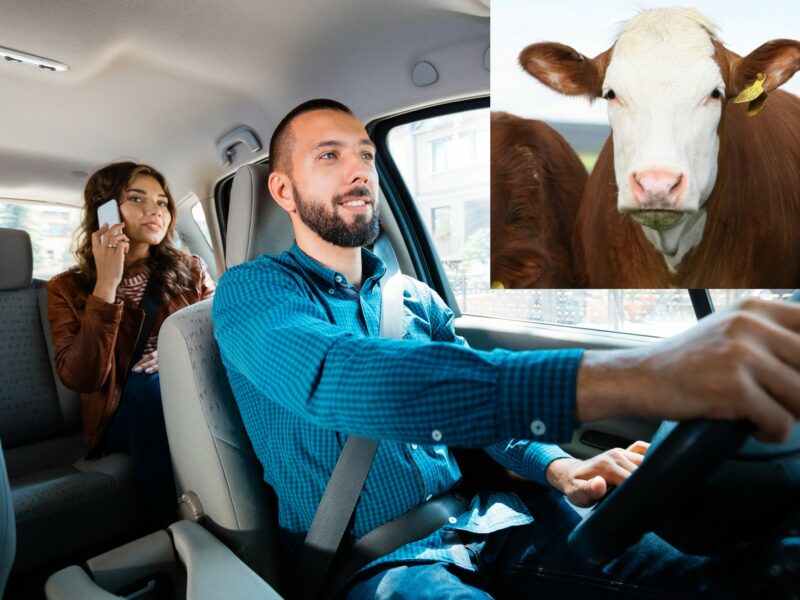


VICTORIA – Uber Technologies Inc. is petitioning provincial governments to enact regulatory changes to allow Uber and other companies to provide gig workers with all the benefits and safety protections currently only enjoyed by Canadian livestock.
“For too long, workers in Canada have been forced to participate in the economy within the narrow strictures set out by labour laws which don’t allow them the freedom to be treated like horses by giant corporations,” an Uber spokesperson said in a press conference explaining the reasoning behind their lobbying efforts. “We think our drivers deserve better.”
Following a decade of attempting to create a transportation monopoly by destroying public transit and the taxi industry in anticipation of the day they can fire all their drivers in a switch to self-driving cars, Uber has recently been forced to restructure its business plan in light of driverless cars continuing to not exist.
Uber’s new goal is getting government regulators all over the world to loosen labour laws in order to allow Uber to not only continue to treat their employees as independent contractors, but as goats and cows.
“At Uber, we believe in flexibility,” the Uber representative continued. “We know our drivers want the flexibility of being reclassified as livestock if it means they can continue to work for us. But they’re not ‘working’ for us, because they are not employees. We don’t employ them, that was not an admission of employment. They are independent. Free as a bird. Chicken, specifically.”
One driver who welcomes the reclassification is Jason White, who’s been driving for Uber for five years. “Right now, we have no health benefits, no retirement benefits, and no safety training. But once we’re classified as livestock, they’ll be required by law to at least give us antibiotics and twice yearly vet checks. So, that’s a step up.”
Uber is also exploring other ways of ensuring they won’t have to treat their drivers like human employees, including subjecting them to specialized Turing tests and claiming that anyone who doesn’t pass is a non-sentient AI and therefore doesn’t need to make more per day than the average daily electricity costs of running a small laptop.


